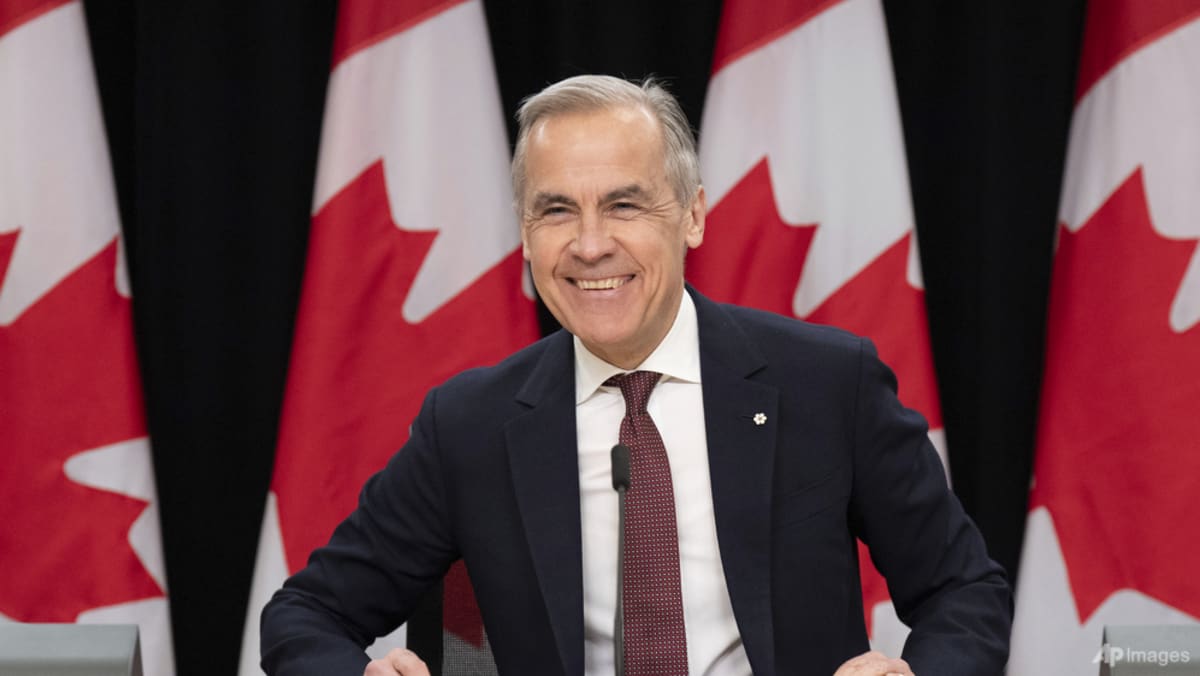Schoengart and colleagues combined economic data and climate simulations to trace emissions from different global income groups and assess their impact on specific types of climate-enhance extreme weather.
The researchers also emphasised the role of emissions embedded in financial investment rather than just lifestyle and personal consumption.
“Climate action that doesn’t address the outsized responsibilities of the wealthiest members of society risk missing one of the most powerful levers we have to reduce future harm,” said senior author Carl-Friedrich Schleussner, head of the Integrated Climate Impacts Research Group at the International Institute for Applied Systems Analysis near Vienna.
BILLIONAIRES TAX
Owners of capital, he noted, could be held accountable for climate impacts through progressive taxes on wealth and carbon-intensive investments.
Earlier research has shown that taxing asset-related emissions is more equitable than broad carbon taxes, which tend to burden those on lower incomes.
Recent initiatives to increase taxes on the super-rich and multinationals have mostly stalled, especially since Donald Trump regained the White House.
Last year, Brazil – as host of the G20 – pushed for a two-per cent tax on the net worth of individuals with more than US$1 billion in assets.
Although G20 leaders agreed to “engage cooperatively to ensure that ultra-high-net-worth individuals are effectively taxed”, there has been no follow-up to date.













